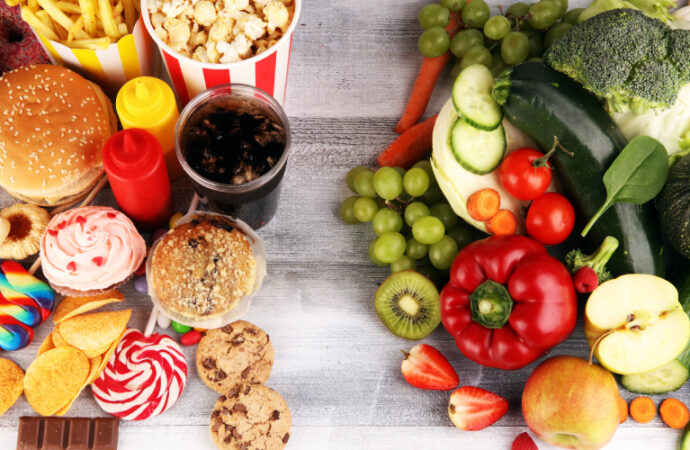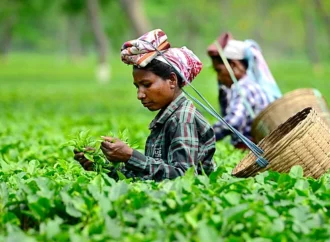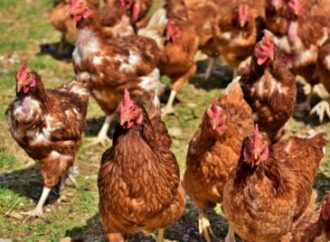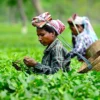Report
A recent government survey on household spending habits reveals alarming trends in the Indian diet, with rising expenditures on processed foods and sugary drinks. This shift is contributing to a surge in obesity, diabetes, and heart disease across both urban and rural areas. The Household Consumption Expenditure Survey for 2023-24, published last week, shows that rural Indian households are spending 9.84% of their monthly budget on processed foods and drinks, while urban households are spending 11.09%. This is the first time in 20 years that spending on these items has surpassed the 10% threshold. In comparison, in 2022-23, rural households allocated 9.62%, and urban households 10.64%, to processed foods and beverages.
Health Risks from Rising Processed Food Consumption
Experts have raised alarms about the health implications of these spending patterns. V. Mohan, chairman of the Madras Diabetes Research Foundation, explained, “Processed food is rich in calories due to its high content of sugar, salt, and trans fats,” which significantly contributes to the growing incidence of non-communicable diseases in India.
The survey, conducted on 2.61 lakh households, shows that rural families spend 47% of their monthly budget on food, with nearly 10% going toward processed foods. This exceeds spending on healthier options like fruits (3.85%), vegetables (6.03%), cereals (4.99%), and animal-based products like eggs, fish, and meat (4.92%). Urban households exhibit a similar pattern, with more than 39% of their spending directed toward food, and 11% allocated to processed items.
The Shift to Ultra-Processed Foods
The increasing consumption of ultra-processed foods and sugary drinks is a clear trend in both urban and rural India. K. Srinath Reddy, former president of the Public Health Foundation of India, attributes this to “misleadingly advertised aspirational lifestyles promoted by manufacturers of these addictive products.” Over the last two decades, spending on junk food has steadily risen, with rural India spending just over 4% of their income on these products in 2004, compared to 6.35% in urban areas.
Economic Impact and Nutrient Deficiency
The growing reliance on processed foods is not only depleting household incomes but also contributing to nutrient deficiencies. As Reddy warns, “These products are depleting the family’s disposable income while essential nutrients are being lost from their diet.” This nutritional imbalance is expected to lead to an increase in lifestyle-related diseases such as cardiovascular diseases, diabetes, obesity, and even cancer.
Positive Trends: Milk and Dairy Expenditure
Despite the concerning rise in processed food consumption, there are some positive findings in the survey. Milk and dairy products remain a significant part of household budgets, accounting for over 8% of monthly expenditures, making it the second-largest category. However, spending on cereals has dropped sharply, from over 22% in 1999-00 to just 4% today, likely due to free distribution through social welfare initiatives.
Income Disparities in Spending Habits
The survey also highlights stark income disparities in spending patterns. The poorest 5% of rural Indians spend an average of Rs 1,677 per month, while the wealthiest 5% spend Rs 10,137. In urban areas, the lowest 5% spend is Rs 2,376, while the highest 5% spend is Rs 20,310. The national average for monthly per capita spending stands at Rs 4,122 in rural areas and Rs 6,996 in urban areas.
The Need for Strong Public Policy Response
The findings of the survey underscore the urgent need for public health interventions to curb the growing consumption of unhealthy processed foods. As K. Srinath Reddy points out, “Public policy must take strong action to address these issues” before the health consequences become even more catastrophic. The rising trend in processed food consumption poses a significant threat to the well-being of millions across India.
Source: Deccan Herald
 Food Manifest
Food Manifest 


















